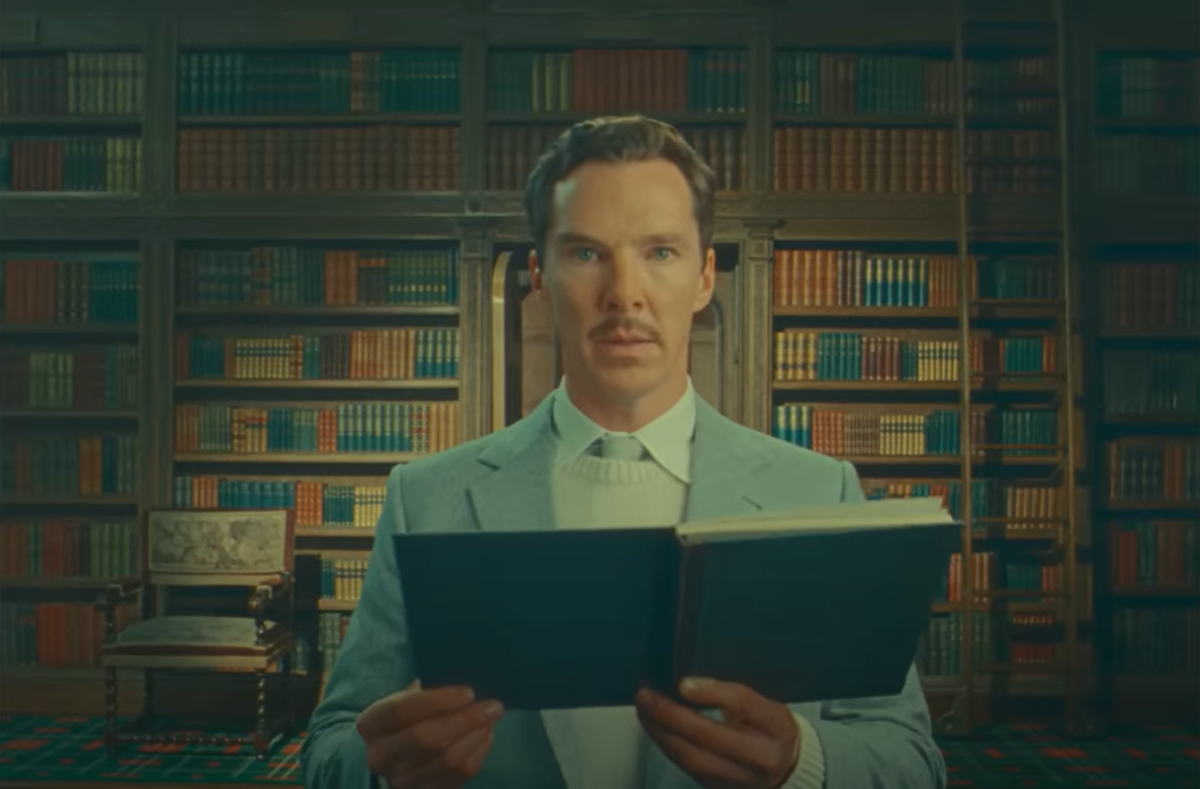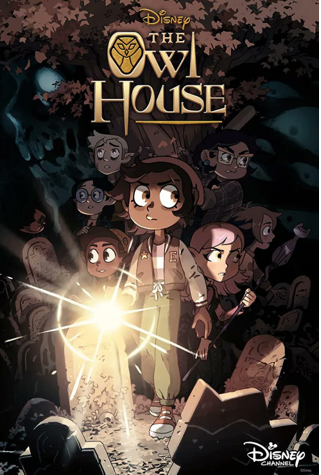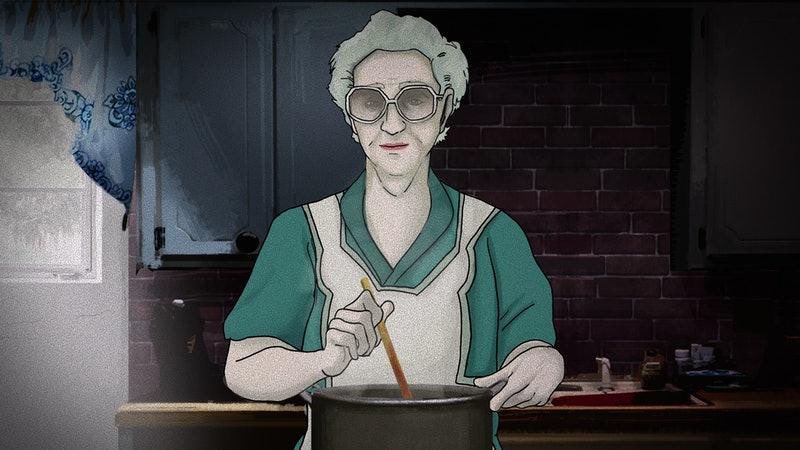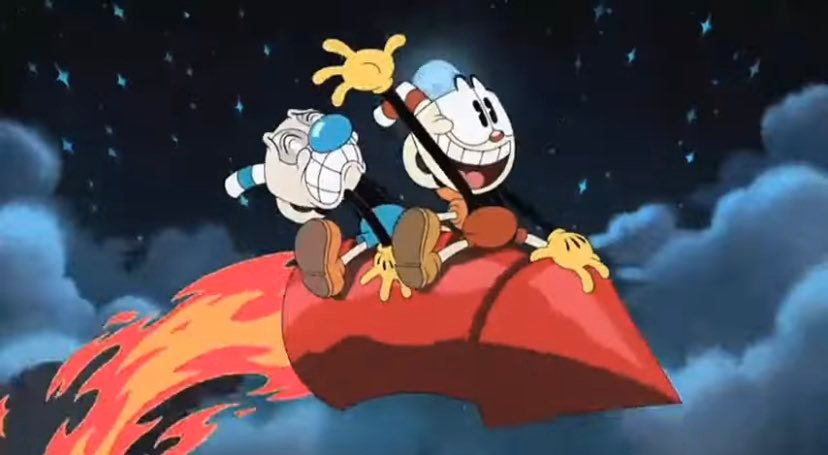I must admit to something: my knowledge of classical music is brief and scarce. Naturally, I can appreciate it; I have miscellaneous tracks from Mozart and Beethoven and can recognize those instantly. If you were to play me a random piece of symphonic music and told me it was composed by a famous artist, I would not be able to pick out who the composer was. Arensky? Schubert? Beats me.
I do, however, know almost every “Weird Al” Yankovic song verbatim. But I digress.
My appreciation for classical was greatly improved this past Tuesday. I hold CCSU responsible, as they hosted a scholarship benefit concert led by the Connecticut Trio, a string ensemble that has spread their musical virtuosity worldwide.
The concert took place in tranquil Founders Hall, a venue for many prestigious lectures and events. It was certainly a peaceful occasion; the room’s elegance was enhanced by the evening’s outer darkness. It was a semi-formal affair; some were in their Sunday best, while others dressed casual. The space itself, with all its furnishings, felt intimate; it was like a private event in a wealthy socialite’s living room.
There were students, families and neighboring townsfolk, and it was nice to see such diversity. Albeit some were a little bit more attentive than others (who were either sleeping or finding another form of distraction), and even I had my fill before the end, but it had nothing to do with the trio’s performance.
The Connecticut Trio, founded in 1994, is a highly decorated troupe; pianist Linda Laurent is a Ph.D. from New York University, violinist Gerard Rosa studied at Yale and received the Houpt Award, and cellist Julie Ribchinsky is a graduate of the Eastman School of Music. One seminal performance at Carnegie Recital Hall together encouraged them to permanently unite as a collective, igniting several years of performances, both local and abroad.
This one particular performance was the most recent of many the trio has enacted at CCSU. As resident professors of music at the university, they have solidified their authority of musical finesse. They approached the floor to unanimous applause, and by the looks on the trio’s faces, they genuinely felt welcome. They began their evening revue with Schubert’s Trio in B-Flat, a progressive suite of several moods and complexities. Starting out gentle, the music turned brood, and would often return to rousing form. The biggest revelation was the fellowship among the trio’s members, forgoing any chance of error.
Following the intermission, the trio returned to perform the Trio in D-Minor by Russian composer Anton Arensky, a far more dynamic collection that showcased each member individually. The piano playing proved itself flawless, the string plucks providing a haunted mood. Such emotional, dense music requires a great deal from its audience; you either have to fully immerse yourself in it or you may not get it.
The performance inspired a standing ovation at the end, and it was well deserved. The Connecticut Trio had provided a serious night’s entertainment, and all for the low price of zero dollars. Such festivities provide a glimmering hint of class that recurs at CCSU every so often.






